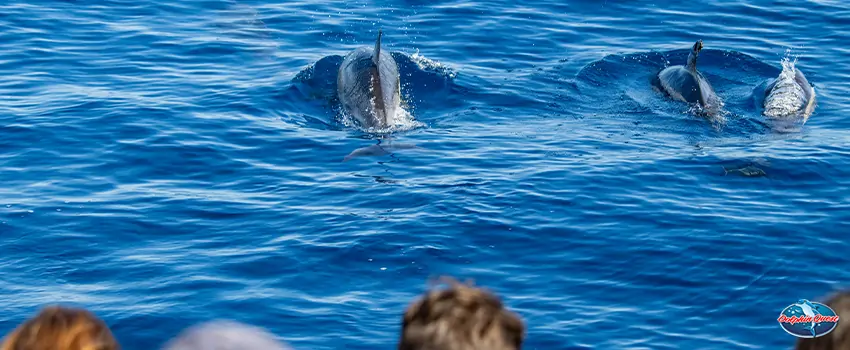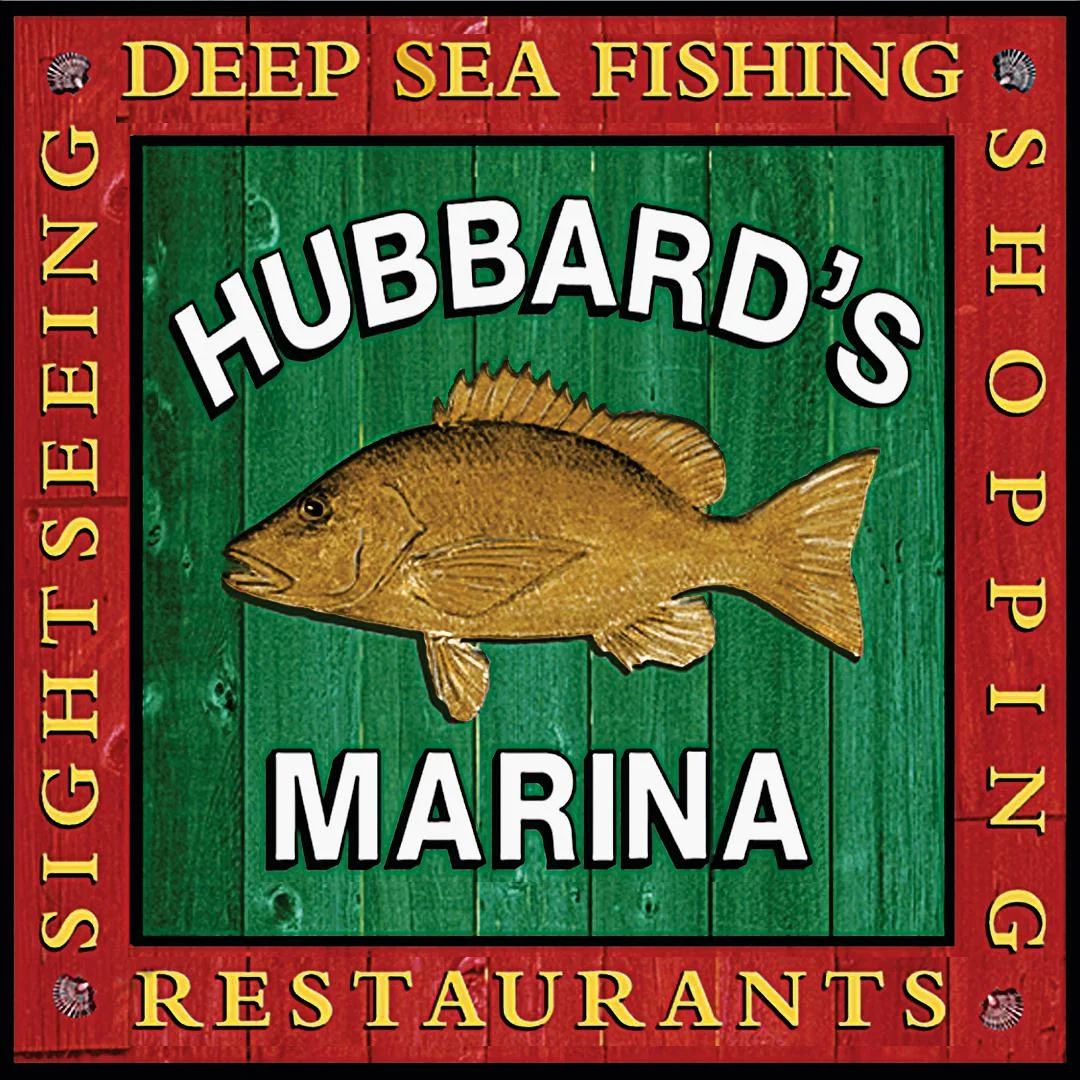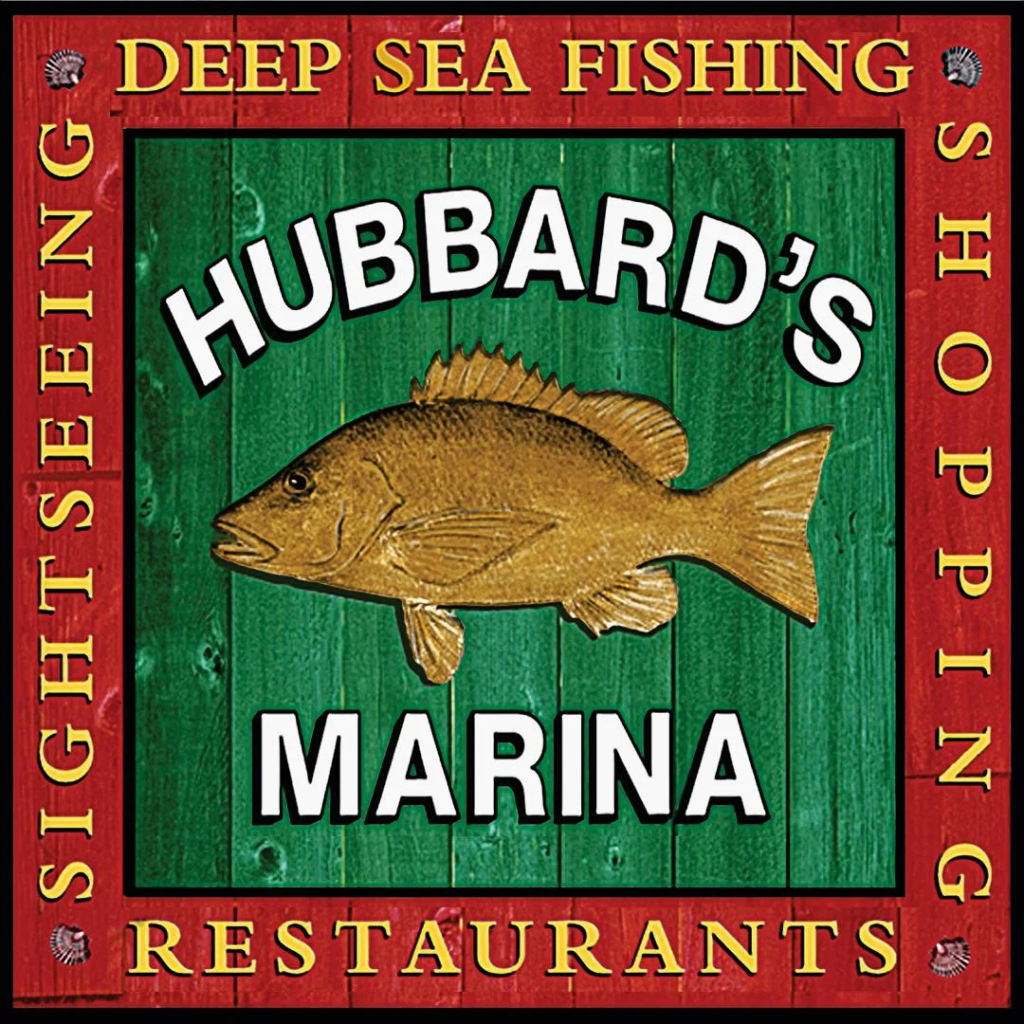People used to go on simple boating activities for leisure. This was until they discovered parts of the ocean where dolphins readily play with passing boats. Ever since, the popularity of boating tours skyrocketed, boat tour companies have added dolphin watching as part of their offerings. Thus, businesses learned to transform simple boating activities into educational tours.
While boating activities generally include dolphin tours, dolphin educational tours are specifically designed to give children and adults alike a good view of the dolphins and their behavior. Educational tours are hinged on ethical considerations regarding dolphins and their habitat. Thus, dolphin tours follow specific guidelines that protect the species.
Conservation Starts With a Proper Educational Tour
Tours related to education about dolphins are starting to gain relevance once again as scientists, conservation groups, and organizations put their efforts into making people understand the importance of every animal, plant, and habitat. Dolphin educational tours bring people closer to these species to understand and get a glimpse of their behavior in their natural environment.
Dolphins are highly intelligent creatures. In recent years, marine biologists, dolphin experts, and behavioral scientists discovered that dolphins are highly social creatures – a characteristic that was previously thought to be exclusive to primates. One solid proof of dolphin intelligence is communication. Dolphins can give signals and sentences to other dolphins to hunt for food efficiently.
When boating tours started to gain popularity, most businesses were unaware of the boundaries that needed to be observed, which caused more harm to the dolphins. Fortunately, conservationists and dolphin experts work with boating companies to promote responsible dolphin watching and dolphin conservation.
1. Boating provides a good platform for data collection.
One of the primary tasks of conservation projects is data collection and documentation. Through such acts, scientists get an overview of the current situation of the habitat and the dolphin populace. Data collection and documentation also help marine scientists formulate a plan, including suggested legislation—that can help bring forth a campaign to help save these creatures.
Boating tours give marine scientists and conservationists a chance to get a closer inspection of the area and how the dolphins fare within an area of habitat.
2. Ecotourism raises awareness.
Boating tours allow everyone to observe and further appreciate the marine mammals while maintaining a safe distance not to disturb them. Boating tours allow passengers and dolphin experts to witness the cetaceans up-close in their habitat. Boating tours also enable scientists to conduct immediate rescues, especially when dolphins get stuck in fishing nets or when they get stranded along the shoreline.
The tourism activity also helps raise the awareness of locals regarding their area, further understand the behavior and ecology of their resident marine mammals, and promote dolphin conservation.
Common Threats to Dolphin Conservation
Despite conservation efforts to save the species, dolphins and whales still fall victim to human activities like overfishing or coastal conversion (in cases of freshwater dolphins).
Although dolphin expeditions are highly effective in encouraging marine life conservation, the threats to the dolphin population still loom.
1. Modern Fishing Practices
Small-scale fishing is not a threat to dolphins and other larger marine animals. However, due to the worldwide demand for seafood, the fishing industry has adapted to practices that aim to catch a huge amount of fish per day. This process results in overfishing.
Overfishing is a terrible threat to many marine animals—dolphins included—because fishes like sardines are food to the larger carnivores in the ocean. The decline in the population of sardines, tuna, and commercially-popular fish results in the loss of food sources for these animals.
Aside from over fishing, the huge nets used by fishing vessels can sometimes trap young dolphin calves, which, unfortunately, leads to death. Accidents like this pose a threat to dolphins’ general population, especially since dolphins give birth to only one calf every six years with a gestation period of 12 months, depending on the species.
2. Noise Pollution
Like humans, dolphins also get stressed when there is a lot of noise in the environment. At the turn of the century, telecommunications, military, and energy technology were installed in the ocean. These types of technology contribute to noise pollution in the ocean. Since sound travels faster in water, the noise level is amplified and can be heard for miles.
Aside from the obvious stress that it brings to these cetaceans, noise pollution also causes confusion. Dolphins and other cetaceans rely on echolocation to locate their prey and navigate through the darkness. Noise pollution can interfere with the natural process of sound signals for the dolphin, causing confusion or, worse, endangering the lives of these cetaceans.
3. Marine Pollution
Throughout the decades, conservationists and environmental organizations have put the spotlight on the worsening condition of the ocean. Human trash and chemical waste are often dumped in the ocean and destroy the immediate environment of marine animals.
Scientists discovered that a significant percentage of dead dolphins and whales often have plastic pollution inside their stomachs. The main reason is that dolphins and other cetaceans often confuse plastic waste as food.
Meanwhile, chemical waste dumped in the ocean kill the habitat of smaller fish, which does not do well for the population. These smaller fish serve as food for different species of dolphins, and their disappearance, in return, affects the dolphin population.
4. Climate Change
The continuous rise in temperature brings the phenomenon known as climate change. As the world experiences warmer temperatures, the polar ice caps melt. This will result in higher sea levels and saltwater intrusion that disrupts ocean life.
Climate change brings dire changes that may be irreversible, and the first ones that will feel its effects are those who rely on the marine ecosystem.
Boating Tours Makes Conservation Learning Accessible
Dolphin educational tours are becoming more popular, especially since more organizations host responsible dolphin and whale watching. After all, there is nothing more exciting than seeing dolphins and their antics up close.
Conservation societies aim to make dolphin expeditions more accessible.
Accessibility can be the stepping stone to gain people’s interest and start their road to awareness about dolphin conservation. Boating tours can bring people closer to the animals and teach responsible dolphin watching and responsible fishing. Organizations and companies host affordable, responsible cetacean watching tours to accommodate more people into these educational marine boating tours.
Different boating tours shed light on different species of whales and dolphins. Participants get to know the similarities and differences among dolphin species and how their habitat reflects their behavior. Knowing these facts may come a long way in saving the seas at large.
Go Dolphin Watching With Sunshine Scenic Tours
It is not too late to be interested in dolphins and learn about their habitat and behavior. Book a dolphin-watching tour with Sunshine Scenic Tours now!
Sunshine Scenic Tours offers eco-friendly dolphin educational tours that observe proper precautions to make the tour not intrusive to the adorable creatures. If you are looking for a Dolphin Cruise in John’s Pass, Sunshine Scenic Tours is for you.
Sunshine Scenic Tours offers the perfect opportunity for sightseeing dolphins in the comfort of their boats, equipped with great viewing platforms and wrap-around decks. Call now and book a tour!











